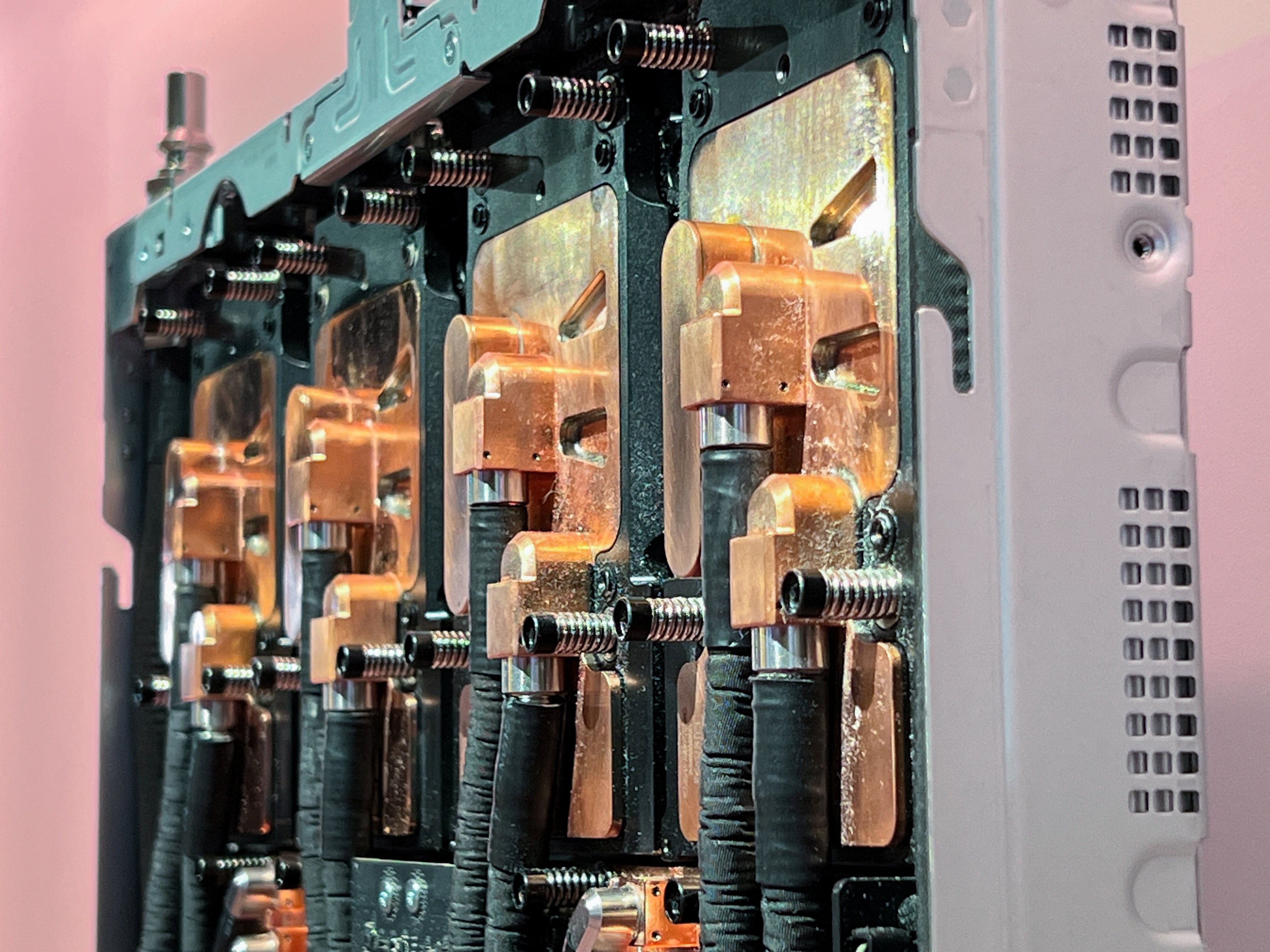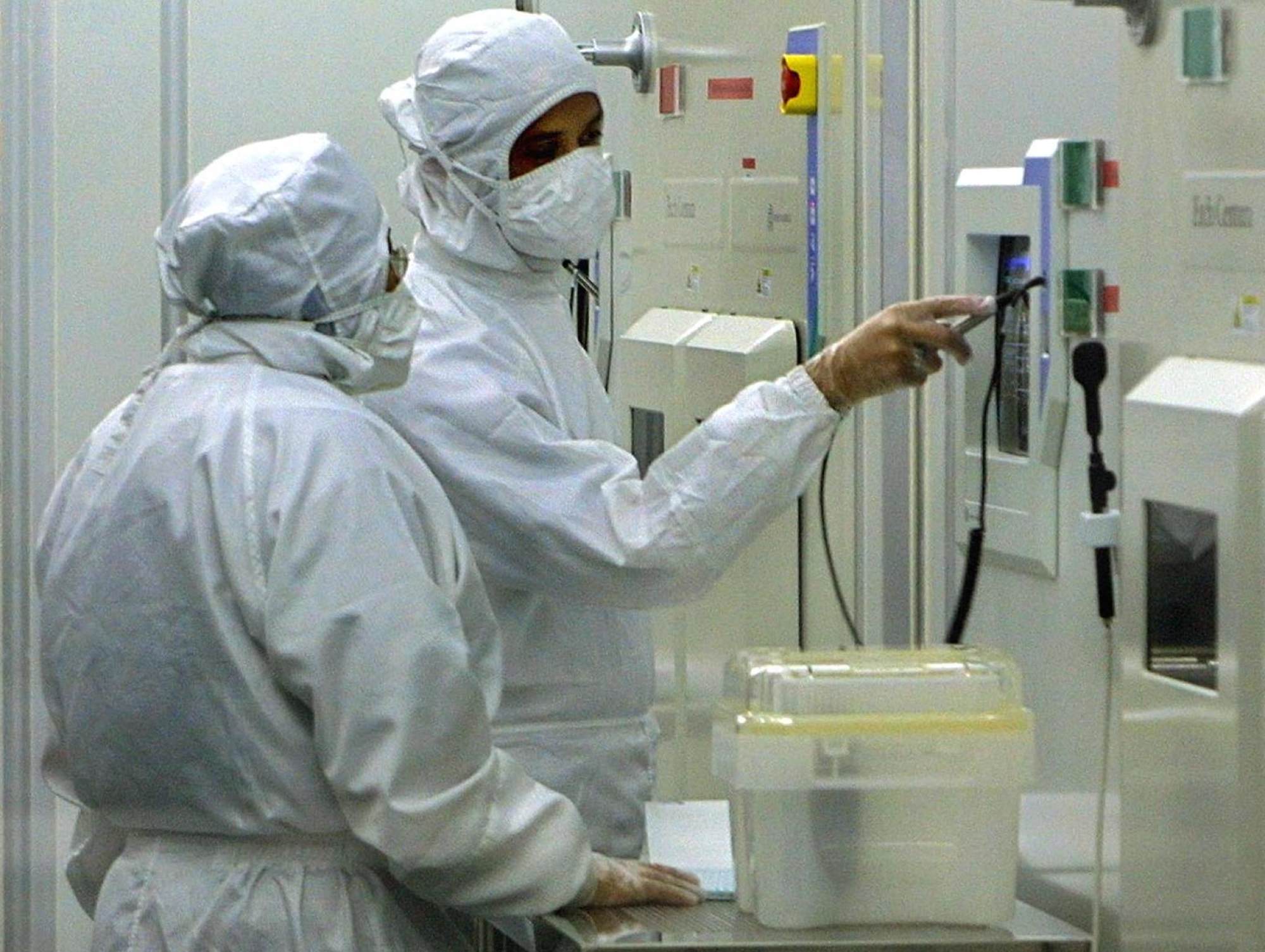Malaysia ‘stands firm’ on US chip curbs after alleged breach by Chinese company
Chinese engineers rented Malaysian data centres packed with high-end Nvidia chips to train their AI model, a newspaper report has alleged

Trade authorities in Malaysia have launched an investigation into claims that Chinese engineers bypassed US chip curbs by renting data centres packed with high-end Nvidia chips to train their artificial intelligence (AI) model in the country.
The allegation, made in a report by The Wall Street Journal last Thursday, poses a potential stumbling block to Malaysia’s tariff negotiations with the US, which has curbed China’s access to high-end chips, including through third nations.
Malaysia’s trade ministry said it was in the process of verifying the claims. Though the activity might not necessarily breach local laws, the ministry said it “stands firm” against attempts to work around export controls or engage in illicit trade activities.
“While Malaysia maintains a neutral position on unilateral sanctions, companies operating here have been advised to adhere to other countries’ unilateral export controls … to avoid any secondary sanctions on their businesses,” it said in a statement on Wednesday.
A team of four Chinese engineers allegedly flew into Malaysia from Beijing in March, each carrying a suitcase with 15 hard drives containing 80 terabytes’ worth of spreadsheets, images and video clips to train an AI model, according to the New York-based newspaper.
The data was fed into 300 servers operating on Nvidia chips to build the AI model before it was brought back to China by the engineers, the report said.
The allegations of workarounds on US chip sanctions come at a crucial time for Malaysia. Trade Minister Tengku Zafrul Aziz is currently in Washington hoping to negotiate reductions to a 24 per cent “reciprocal” tariff announced by US President Donald Trump in April.
Kuala Lumpur caved to Washington pressure in March to tighten regulations on semiconductor shipments, following reports that advanced chips made by the Silicon Valley giant had been shipped to China from Singapore via Malaysia.

“The US could potentially demand closer collaboration to increase scrutiny of potential manoeuvring of export controls,” said Hafidzi Razali, founder and chief executive of policy advisory firm Strategic Counsel.
This could entail deeper intelligence sharing, joint investigations and enforcement, particularly with agencies manning entry and exit points such as customs, he said.
Malaysia needed to convince the US that its controls were airtight or faced having the latest episode viewed as non-compliance or a national security risk, said Eric Low, partner at Kuala Lumpur-based strategic advisory firm Densui.
“It could jeopardise Malaysia’s trade negotiations, leading to stricter restrictions on Malaysian firms operating in or trading with the US,” he said.
Malaysia and the rest of Southeast Asia are classified as Tier 2 countries by the US in the global semiconductor ecosystem. That limits their access to the most advanced chips controlled by America, such as top-line graphics processing units that are key to boosting computational speeds for data processing and AI development.
But Malaysia is also the world’s sixth-largest semiconductor exporter, delivering about 13 per cent of global shipments in the packaging, assembly and testing sector and a key supplier to the US.